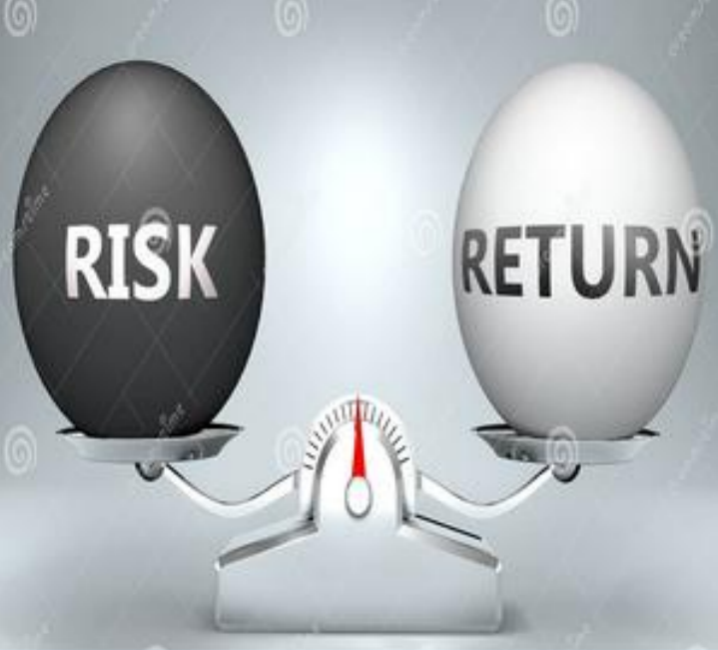For people with significant financial resources, deciding between high-yield savings accounts and other financial options goes beyond just earning interest. It is a strategic choice that can greatly influence how they manage their wealth. Beyond the usual concepts, there are specific details and creative products that wealthy investors need to think about in order to find the best fit for their financial objectives.

Unveiling the Complexities of High-Yield Savings
High-yield savings accounts have progressed from merely serving as places to store money. Nowadays, some banks provide tiered interest rates, meaning that depositing larger amounts can lead to higher earnings. For instance, certain private banks cater to their elite customers with special high-yield savings offerings, where interest rates are influenced by the customer's overall relationship with the bank, which includes other financial holdings and services. Customers of these accounts often enjoy added benefits like priority support, no fees, and access to financial planning resources.

Furthermore, it's important to explore using high-yield savings alongside cash management techniques. Wealthy clients can take advantage of sweep accounts, which automatically move extra funds from their checking accounts into high-yield savings accounts at the close of each business day. This practice ensures that unused money keeps earning while also being available for daily expenses. Additionally, some high-yield savings options are tied to market indices, which can provide higher returns based on how certain market areas are performing, while still keeping the initial investment safe.
Exploring the Diverse Landscape of Financial Products
A variety of financial products provides numerous investment options designed for different levels of risk and distinct financial objectives. For example, structured notes blend characteristics of debt securities with derivatives. These can be tailored to gain exposure to a range of assets including stocks, commodities, or foreign currencies, while also delivering a level of principal protection. Wealthy investors can collaborate with private banks to create structured notes that fit their unique investment perspectives and risk preferences, potentially yielding better returns than standard savings accounts.
Additionally, private equity and hedge funds attract wealthy individuals looking for significant profits. These funds generally invest in companies that are not publicly listed or use intricate trading techniques. Although they come with increased risks and require a longer investment timeframe, their potential for substantial gains can be quite appealing. For instance, a private equity fund that targets innovative technologies might invest in startups capable of rapid growth, potentially rewarding investors greatly if those companies thrive. However, accessing these funds usually necessitates a substantial minimum investment and the fulfillment of specific accreditation requirements.
Risk vs. Return: A Delicate Balance
High-yield savings accounts typically present lower risks when compared to various financial products. Government agencies usually insure the principal up to a specific limit, which provides a protective measure for those investing. In contrast, financial products might face challenges such as market fluctuations, credit risks, and issues with liquidity. For example, investments in stocks or corporate bonds that are part of mutual funds can see significant price changes, and investors might incur losses if the market shifts unfavorably.Nonetheless, the allure of potentially greater returns from financial products can be appealing. Wealthy individuals who are willing to take on more risk and have a longer timeframe for their investments might discover that dedicating some of their portfolio to well-chosen financial products could boost their overall returns in the long run. It is important to conduct careful research and diversify investments to lower risks. Collaborating with knowledgeable financial advisors who grasp the complexities of both high-yield savings and financial products can assist investors in finding the right balance between risk and reward.

Tax Considerations and Wealth Preservation
Tax considerations are crucial when selecting between high-yield savings and various financial products. Generally, the interest earned from high-yield savings is taxed as regular income, although some types, like those linked to municipal bonds, can provide tax benefits. In contrast, financial products come with varying tax regulations. For example, when you sell stocks or other investments that you have owned for more than a year, the profits you make are typically taxed at a rate that is lower than the tax on ordinary income. Furthermore, certain investment options, particularly those for retirement, allow for tax-deferred growth or even tax-free withdrawals, which greatly help in building wealth over the long term.
Ultimately, choosing between high-yield savings and financial products relies on a person's financial condition, their comfort with risk, their investment objectives, and tax factors. Wealthy individuals can benefit from combining both types to develop a balanced investment plan. By grasping the specific advantages and possibilities of each, they can make smart choices that support their long-term financial goals and help grow and secure their wealth.




